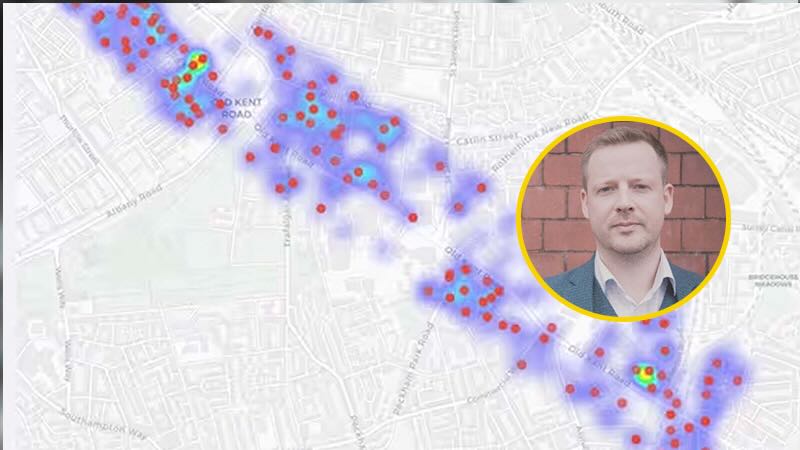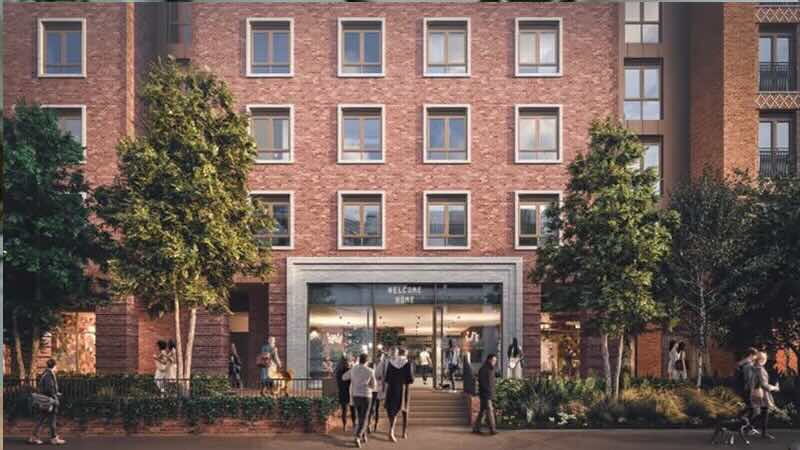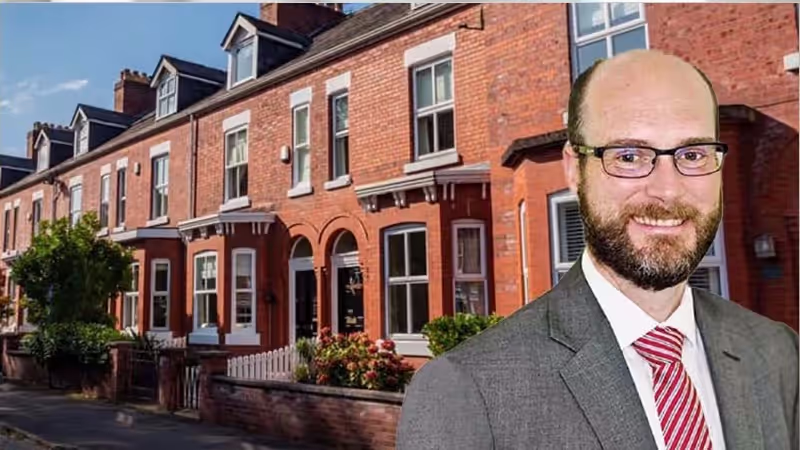The Renters’ Rights Bill will be back in the House of Lords on 14th October for its final stages before becoming law.
As expected, the government has delayed the bill's return until the end of the main party conference season when it will go through the ‘ping pong’ process whereby any of the rejected amendments can be modified and then resubmitted.
Although some further amendments may be made by peers – following the government’s rejection of all their previous suggestions – it is not thought any major changes will be included or accepted at this stage. Royal Assent would then happen somewhere around the end of next month.
Database
Property lawyer David Smith, at Spector Constant & Williams, has predicted that the big-ticket items including the ending of Section 21, removal of ASTs and fixed terms tenancies, and changes to rent increases would come into effect in early spring next year, with the database, redress schemes, Awaab’s law and Decent Homes Standard brought in during the latter part of 2026. New local authority enforcement powers would come into effect automatically at the end of this year.

Meanwhile, some landlords aren’t waiting for the legislation to kick in and are offloading their properties. Patricia Ogunfeibo (pictured), who has rented out properties since 1986, has just sold a two-bedroom flat in south-east London, one of her nine rental homes, and tells the BBC she would like to come out the sector.
Scared
Ogunfeibo says landlords are scared of some of the impending changes and while she accepts that parts of the law are needed, including a Private Rented Sector Database, is concerned that the bill will ultimately push rents up.
“We need more affordable homes in the UK at the moment,” she says. “What we don't need is the private rental sector being contracted because landlords are scared and they're selling up and they're leaving the sector.”















.avif)
.avif)




















Comments